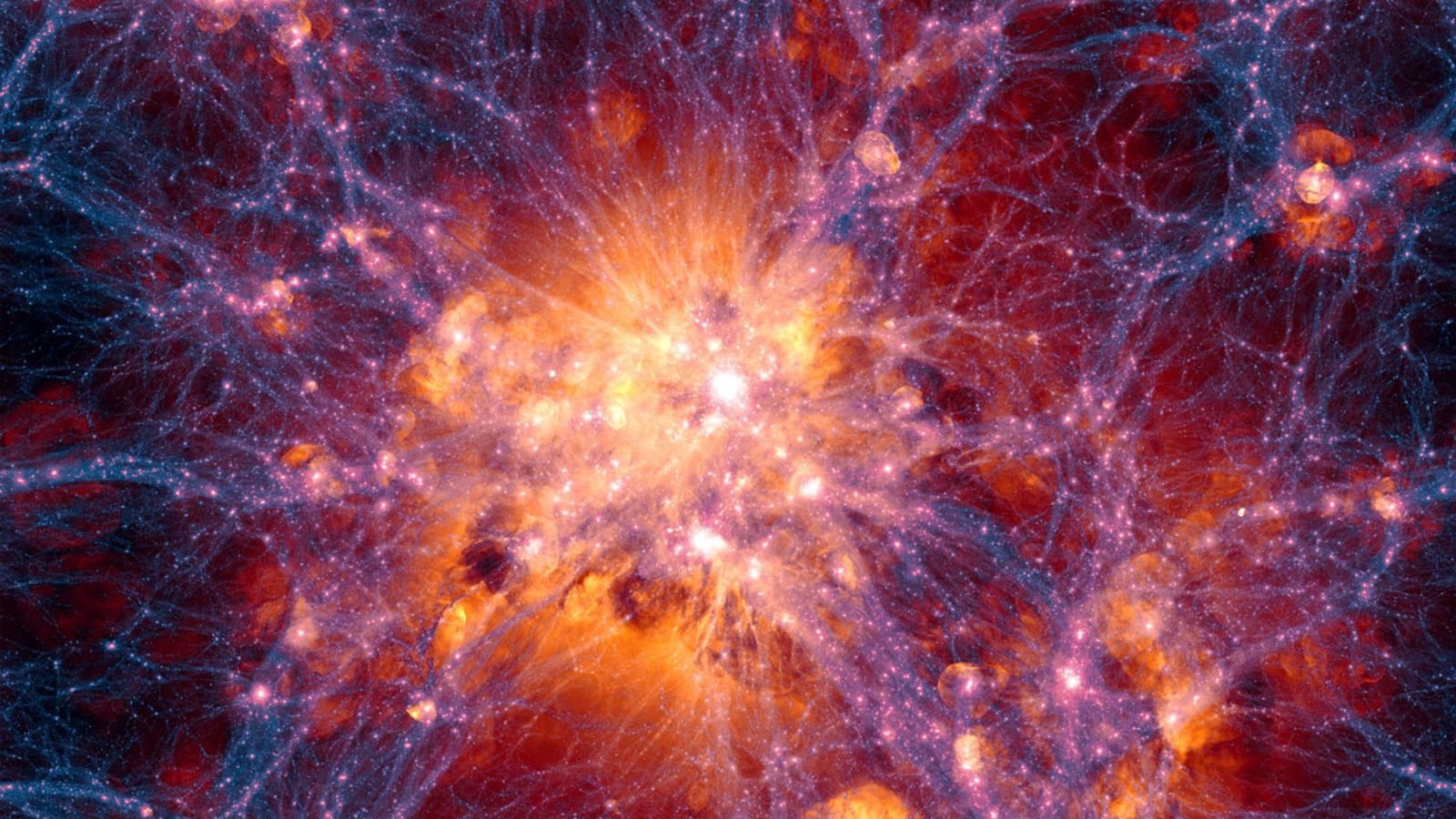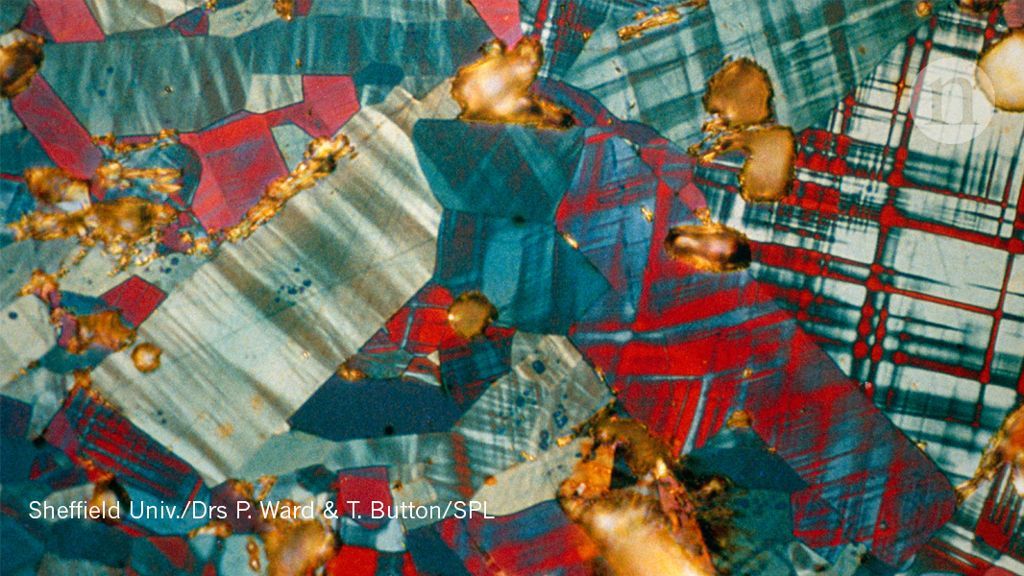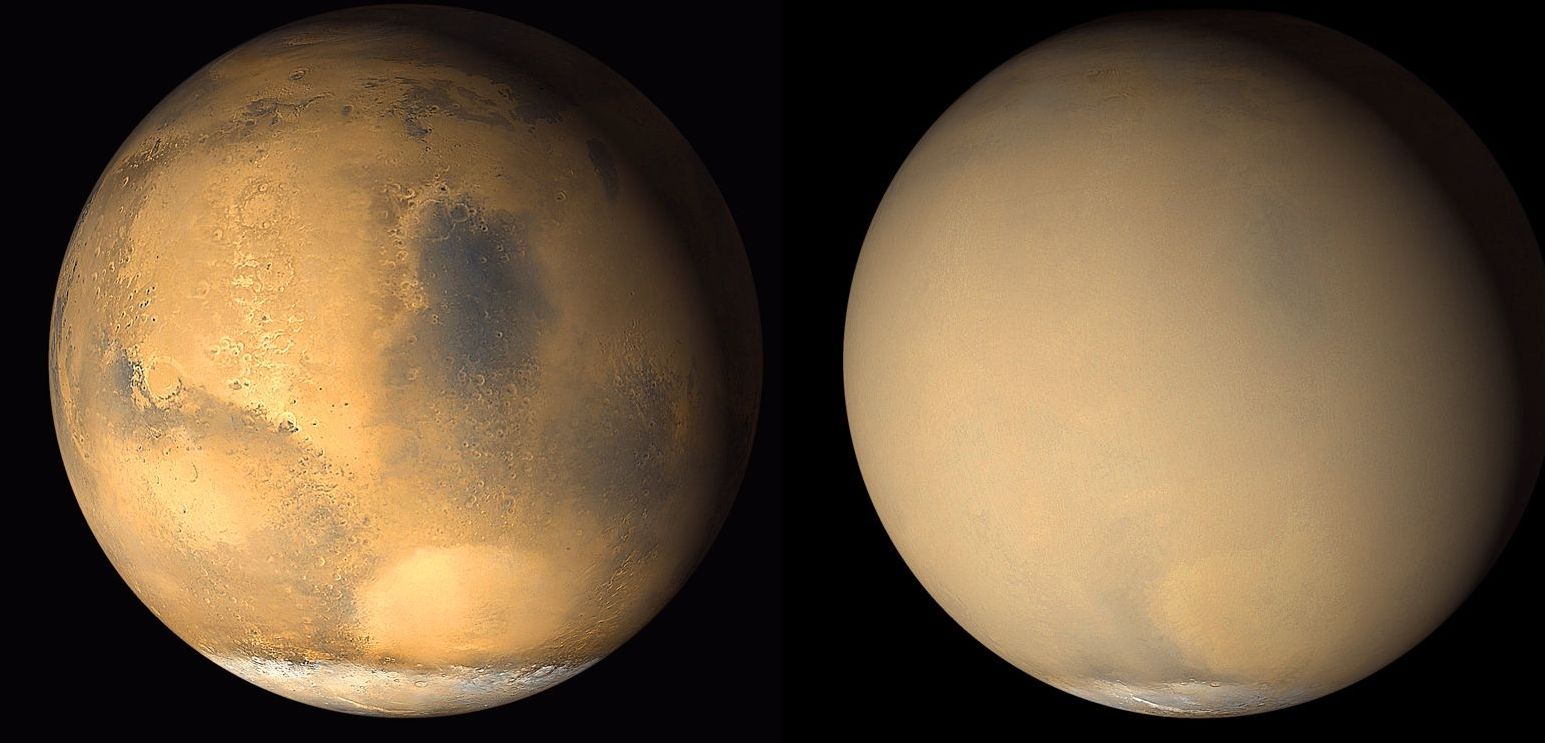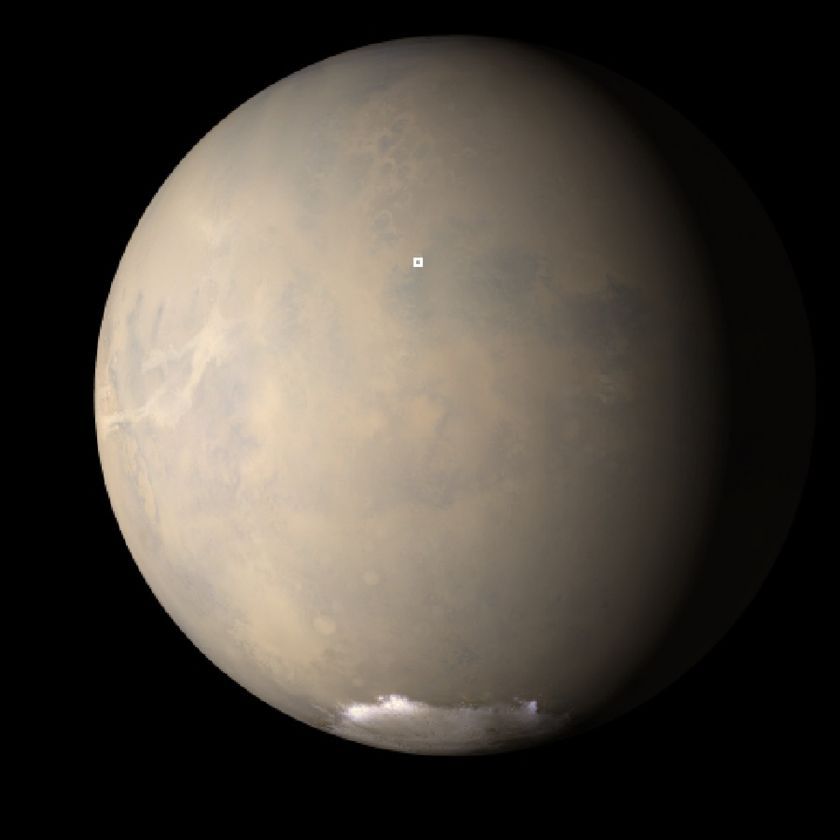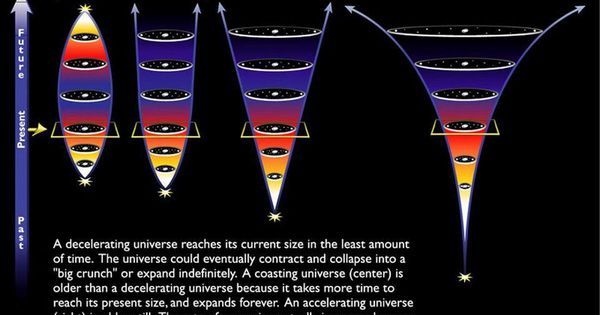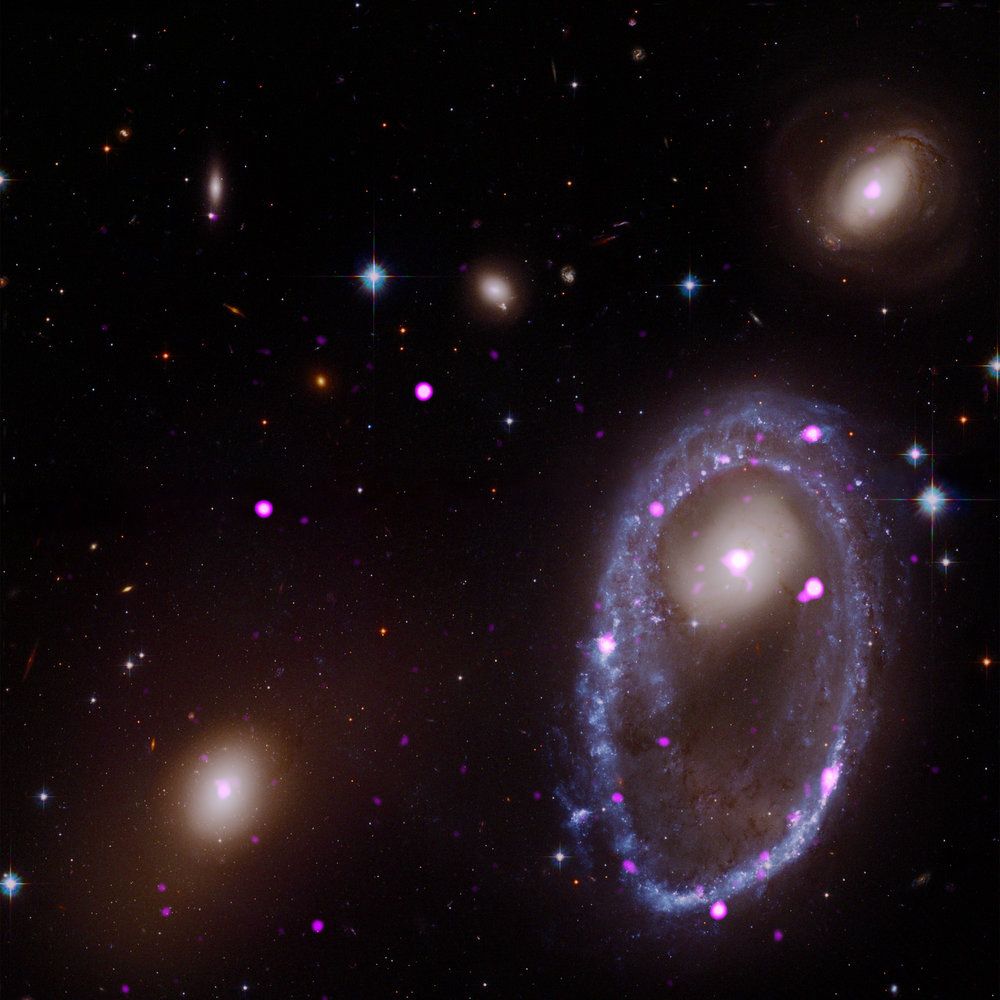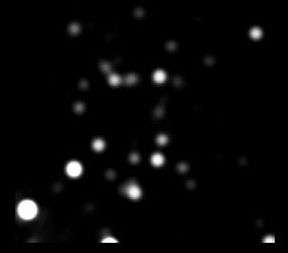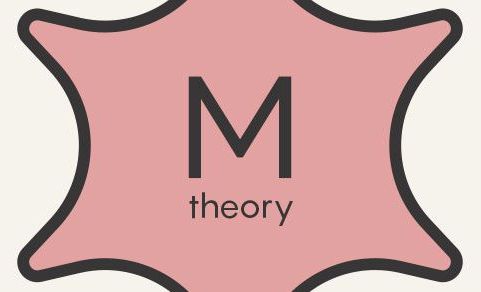
It’s not easy being a “theory of everything.” A TOE has the very tough job of fitting gravity into the quantum laws of nature in such a way that, on large scales, gravity looks like curves in the fabric of space-time, as Albert Einstein described in his general theory of relativity. Somehow, space-time curvature emerges as the collective effect of quantized units of gravitational energy — particles known as gravitons. But naive attempts to calculate how gravitons interact result in nonsensical infinities, indicating the need for a deeper understanding of gravity.
String theory (or, more technically, M-theory) is often described as the leading candidate for the theory of everything in our universe. But there’s no empirical evidence for it, or for any alternative ideas about how gravity might unify with the rest of the fundamental forces. Why, then, is string/M-theory given the edge over the others?
The theory famously posits that gravitons, as well as electrons, photons and everything else, are not point-particles but rather imperceptibly tiny ribbons of energy, or “strings,” that vibrate in different ways. Interest in string theory soared in the mid-1980s, when physicists realized that it gave mathematically consistent descriptions of quantized gravity. But the five known versions of string theory were all “perturbative,” meaning they broke down in some regimes. Theorists could calculate what happens when two graviton strings collide at high energies, but not when there’s a confluence of gravitons extreme enough to form a black hole.
Continue reading “Why Is M-Theory the Leading Candidate for Theory of Everything?” »
